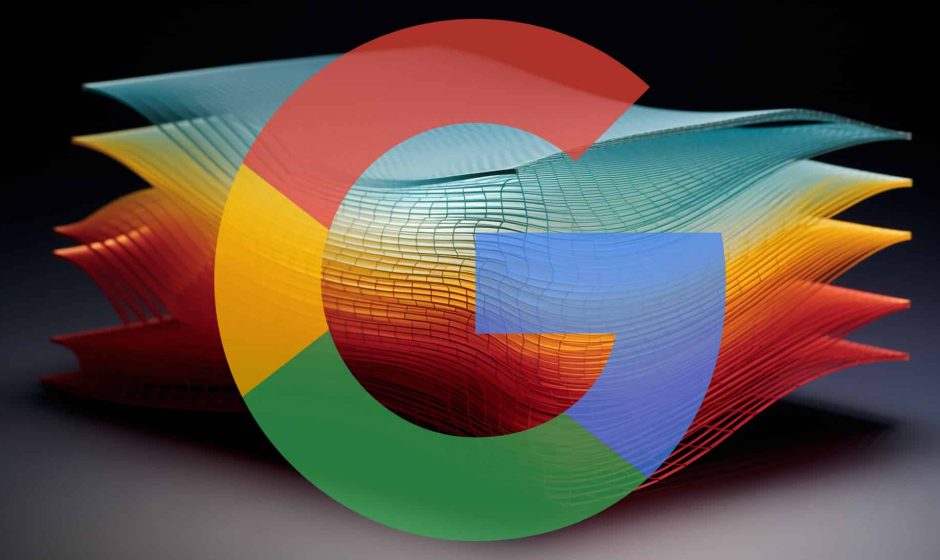Google Search has removed cache links from the search results. The feature allowed users to view old versions of web pages.
The tool was useful to compare the current version of a page and a previous version, to see if the contents were edited. For example, you could use it to read the privacy policy of a service, or use it to access pages that were taken down.
Google retires cache links from search results
Search Engine Land‘s Barry Schwartz had reported that cache links were not appearing in the search results snippets a week ago. He had asked Danny Sullivan, Google’s Public Liaison for Search, whether the removal was permanent. Sullivan replied to his query to confirm that the Mountain View company has indeed retired the feature.
The Cache operator still works, you can use it as follows. https://webcache.googleusercontent.com/search?q=cache:sitename. For example, https://webcache.googleusercontent.com/search?q=cache:ghacks.net
But this is going away too. Sullivan says that cache: links will disappear completely in the near future. The search engine will respect the noarchive tags on websites. Sullivan explained that Google Cache links were originally designed to help people access pages reliably, e.g. when a web page would not load. The feature was retired because things have “greatly improved”, possibly referring to faster internet connections.
Google could add Internet Archive links in search results
That said, all may not be lost for people who used the feature. Sullivan says he hopes that Google will add links to the Internet Archive to the search results, to replace the Google Cache links in the About This Result section that can be accessed by clicking the three-dot menu next to each result.
This however has not been finalized. Google has to talk with the Internet Archive to potentially discuss an agreement about adding the Wayback Machine cache links to search results. This might be difficult as it could drive a significant amount of traffic to the service, and Google may have to compensate the Internet Archive for handling the requests. The non-profit organization has a massive library that hosts billions of web pages, millions of videos, pictures, audio files, games, software, books, etc. The service had an annual budget of $36 million in 2019.
The Internet Archive is a nice alternative for Google Cache links, but it’s not a perfect solution. You can paste a URL in the search box at https://archive.org/ to find a previous version of the web page. The only caveat is that an archived version of the page would only be available if someone had saved a copy of it previously. Google’s web crawler on the other hand, used to save cached pages of all websites that the search engine had access to. So it covered a lot more ground. It is possible that a deal between Google and the Internet Archive could automate the caching process, but it could be an expensive ordeal.
The Internet Archive is an invaluable tool as it can allow access to dead websites, and popular web pages that are no longer available on the web. I recommend using the Wayback Machine Extension, which is an official add-on by the Internet Archive. You can add it to Firefox or Chrome to save a current version of a web page, or access archived versions easily. You don’t need to sign up for an account at Archive.org to use the browser extension.




